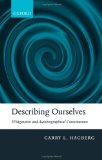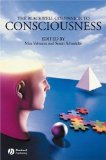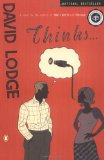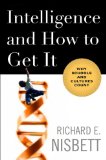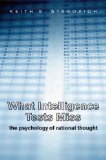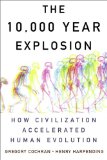Wittgensteinian introspection in ‘Describing Ourselves’
January 31, 2009
Our relation to our past is no more passive than is our relation to what we presently visually perceive; we are not the containers of memory-images that a true narrative would accurately describe. Rather, we are in a continual process of reconsideration, … of reflective restructuring, and of repositioning the actions, events, occurrences, interactions, efforts, aspirations, achievements, intentions — in short, our words, deeds, and everything in between that, taken together, form the teleological trajectories, the narrative threads, of our selves. … Memories, understood in this way, are not inert visual images filed into storage by time and date. They are remembered experiences of all composite kinds, and, like works of art and like human selves, they take on and cast off relational properties, networks of interconnections to other experiences both similar and different. (Hagberg,Describing Ourselves, p. 236)
Garry L. Hagberg, in Describing Ourselves: Wittgenstein and Autobiographical Consciousness (Oxford University Press, 2008), explores Wittgenstein’s views on the self in relation to autobiographical writing.
The ‘Cartesian’ view of introspection as an internal act of inspecting determinate mental “objects” exerts a pervasive influence on concepts of the mind and self. According to Hagberg, Wittgenstein opposed this view without falling into the contrasting behaviorist camp that shares the presuppositions of the Cartesian, dualistic account. “Wittgenstein’s position … cuts beneath the metaphysical presuppositions of both of these polarized, antithetical theories of the self.” (p. 185) However, Wittgenstein’s own position resists any simple capsule formulation. As Hagberg states (p. 240), “the very phrase ‘Wittgenstein’s method’ can easily prove… misleading” but he points to a convergence between therapeutic philosophy and autobiography:
To see autobiography as philosophy is to see it as an ineliminable source of language-games of narrative self-description, and to see philosophy as autobiography is to see it, in turn, as the distinctive kind of self-analysis — the intricate, layered disentangling of the mind’s grammatically fueled impulses to misspeak, to mischaracterize itself — that Wittgenstein’s remarks on therapeutic philosophy articulate. (p. 256)
